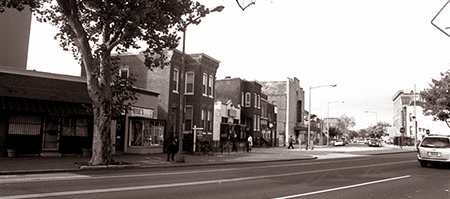D.C. Developer’s Projects Respect the Past While Heightening the Present
By Paul Pavwoski

Nowadays, the “Urban Renewal” movement is loaded with images of Soviet-style apartment buildings and the crumbling of once-vibrant neighborhoods. Early champions of the movement such as Eleanor Roosevelt and Robert Moses viewed it as a natural progression of the 20th century’s technological revolution; outmoded ways of life would be replaced by ultramodern housing and transportation options. Chicago’s Southside housing projects and Washington, D.C.’s Southwest quadrant soon provided dramatic counter-examples to these oversimplified notions.
Given its turbulent start, is the idea of “Urban Renewal” still relevant? Innovative engineering and construction techniques, advances in technology and communications, and new appreciation for the past has breathed new life into this concept. MCN Corp., a Washington, D.C.-based development company, has been a leading champion of “Neo-Renewal” theory.
Focus on Beirut
After gaining extensive experience in D.C. real estate in the late 1980s and early 90s, Seikaly was lured by the opportunity to participate in the rebirth of the once-great city of Beirut in his native Lebanon. Beirut’s Green Line area had been ground zero of the Lebanese Civil War as dueling militiamen used the city’s classic Mediterranean architecture as cover. Following the war, Rafic Hariri, Lebanon’s late prime minister, began contemplating Beirut’s resurrection and established Solidere, a private entity to manage the project. Seikaly was one of the first specialty contractors to arrive on the scene, and took the lead in rehabilitating the city’s classical foundations.
To continue reading this article in hard copy, please click here.